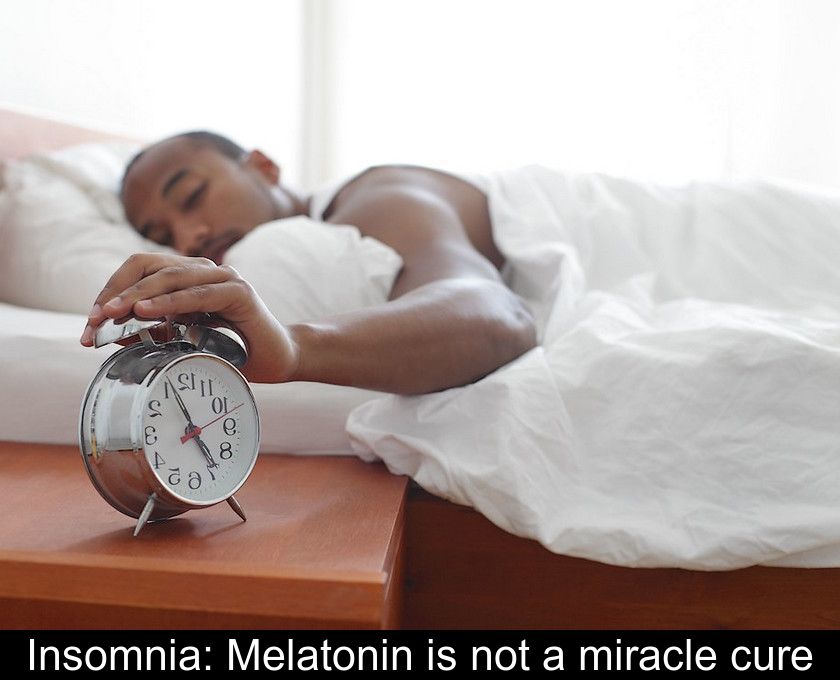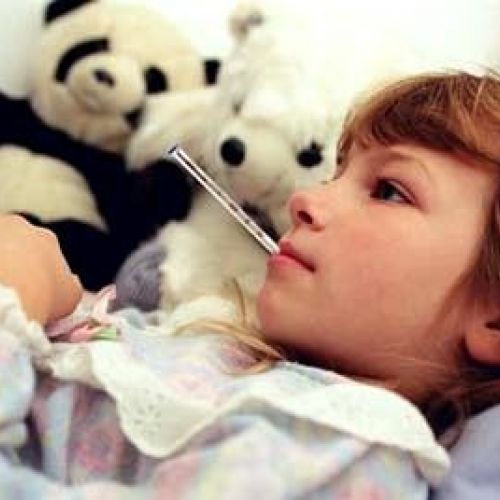Insomnia: Melatonin Is Not A Miracle Cure
More and more French people are taking dietary supplements containing melatonin to improve sleep or counteract the adverse effects of jet lag. Manufacturers tout it as a miracle cure for insomnia. However, in reality, this hormone that regulates biological rhythms is not a panacea, and its consumption is not without health risks.
What is melatonin?
Melatonin is a hormone naturally produced by the body. It is secreted at night by the pineal gland in the brain. As night falls, this molecule inhibits the neural networks of wakefulness and stimulates those that control sleep. It therefore regulates biological rhythms and promotes sleep onset.
This hormone has been used for over thirty years to treat insomnia. In France, for several years now, over-the-counter dietary supplements containing synthetic melatonin have also been available to combat insomnia and disorders related to jet lag...
700 new supplements containing it were launched on the market between 2019 and 2021, and their success continues unabated, with 1.4 million boxes sold each year in France.
Is melatonin effective?
Contrary to what dietary supplement brands would have us believe, melatonin is not a miracle cure for insomnia. On average, it is estimated that this molecule is effective in 60 to 70% of patients.
It's also important to know that this molecule does not act as quickly as a sleeping pill and that its effects only appear gradually. Sleep improves after several days of use, provided that one maintains a good lifestyle.
What are the risks of melatonin?
According to a press release from the National Agency for Food, Environmental and Occupational Health Safety (ANSES) dated April 11, 2018, dietary supplements containing melatonin may be dangerous.
Numerous side effects have been reported after taking these over-the-counter products in France:
- headaches and migraines.
- dizziness.
- drowsiness.
- nightmares.
- irritability.
- tremors.
- nausea and vomiting.
- abdominal pain.
After reviewing each of these reports and comparing them with the state of research, ANSES has concluded that there are health risks. Therefore, it advises against the use of these dietary supplements for certain populations and in certain risk situations.
Who should avoid taking melatonin?
According to the National Agency for Health Safety, the populations concerned by this warning are:
- pregnant and breastfeeding women.
- children and adolescents.
- individuals suffering from certain inflammatory or autoimmune diseases, epilepsy, asthma, and mood, behavioral, or personality disorders.
The consumption of dietary supplements containing melatonin is also not recommended for people who need to perform activities requiring sustained vigilance. Quite logically, it is best to avoid taking this molecule, sometimes referred to as the "sleep hormone," in any situations where drowsiness could pose a safety risk.
What are the recommendations?
According to the experts at ANSES, it is appropriate in all cases to not exceed a dose of 2 mg of melatonin per day.
The National Agency for Food, Environmental and Occupational Health Safety recommends discussing it with your doctor and limiting the intake of these dietary supplements to occasional use, as the long-term effects of these products are not known.
ANSES advises favoring simple formulations that do not combine melatonin with other products or plants. However, 70% of the products examined by the DGCCRF in November 2022 also contained plants. This is why it is important to carefully read the composition of such products before purchasing them.








